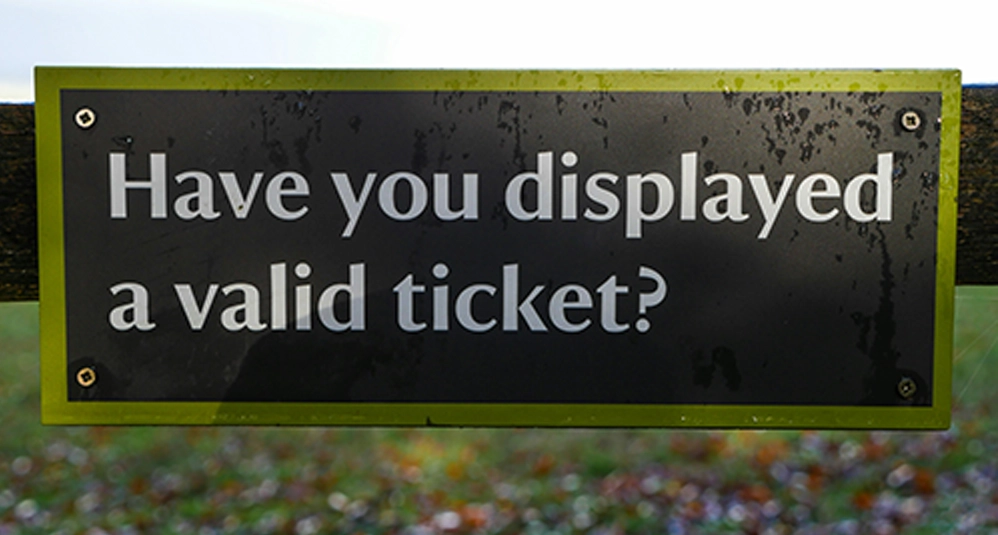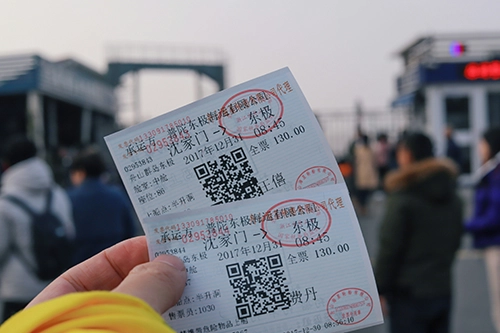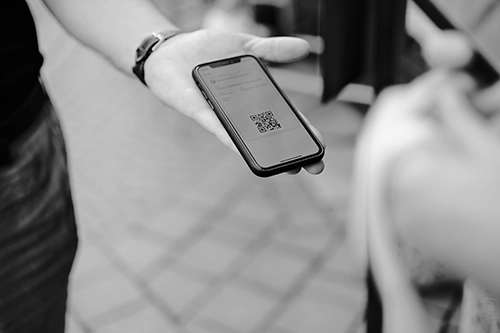At Eventscase, we understand the importance of ensuring a safe and satisfying experience for attendees. Ticket resale is a constant challenge, plagued by scams that not only affect the reputation of organisers but also the financial security of buyers. In this post, we will explore strategies and technological solutions on how to avoid ticket resale scams, thus ensuring the integrity and reputation of your events.
What is Ticket Scalping
Recognising ticket scalping is crucial to protect attendees from scams and to ensure authorised access to events. By definition, ticket scalping is the act of purchasing tickets to an event with the primary intention of reselling them at a higher price. While recognising this risk is due diligence that may naturally fall on the attendee, it is also the duty of the organiser to know how scammers operate in order to guide their attendees through the registration and ticket purchase process.
Warning Signs of a Scam
Identifying a ticket resale scam requires attention to certain details. Prices that seem too good to be true, sellers pushing for a quick sale, lack of specific details about the event or seats, and websites without adequate security measures are clear signs of risk. In addition, sellers who request payment through untraceable methods or refuse to provide receipts may be attempting to commit a scam.
The Importance of Verification
Before making a purchase, it is crucial for attendees to verify the authenticity of the tickets and the reputation of the seller. This includes checking online reviews, seeking confirmation of ticket validity from event organisers, usually sent via event management platforms, and ensuring that the resale platform has buyer protection policies. Even when buying from private sellers, ask for verification and use payment methods that offer some form of protection.
How to Avoid Ticket Scalping
Ticket resale scams take many forms, from selling fake tickets to ticket scalping. Fraudsters use sophisticated techniques to deceive both sellers and buyers, taking advantage of poorly regulated resale platforms.
Choosing reputable and trustworthy resale platforms is essential to avoid scams. These platforms often offer authenticity and refund guarantees in case of problems, providing an additional layer of security for buyers. In addition, many implement rigorous verification systems for both sellers and tickets, significantly reducing the risk of fraud.
Authenticity Verification
Implementing verification systems that ensure the authenticity of tickets is crucial. This can include holograms, unique QR codes included in event badges, and online validation systems that confirm the legitimacy of tickets at the point of sale. Technology thus becomes an ally in preventing ticket scalping.
Technology as an Ally
Blockchain
Blockchain technology offers a promising solution against resale scams, enabling an immutable and transparent record of every transaction. This ensures that each entry is unique and traceable, eliminating the possibility of duplicates.
Nominative tickets
Implementing nominative tickets, where each ticket is linked to the name of the original purchaser, has proven to be an effective strategy against ticket scalping and scams. This practice not only makes it more difficult to sell counterfeit tickets but also allows event organisers to have tighter control over who attends, improving the overall security of the event. Access control software is an essential tool to achieve this.
Event Management Software
Event management software such as Eventscase plays a crucial role in preventing scams and avoiding ticket scalping. By offering solutions such as nominative ticketing and real-time verification, these ticketing softwares allow organisers to control the sales process, ensuring that only legitimate buyers gain access to the event. In addition, the integration of advanced technologies enhances the user experience from the point of purchase to the day of the event.
Success Stories: Learning from the Best
Looking at successful cases where strategies have been implemented to prevent ticket scalping and scams can offer valuable lessons. These cases highlight the effectiveness of combining advanced technology and secure sales practices to protect both attendees and organisers.
Tomorrowland: Nominative and personalised tickets
Tomorrowland implements a nominative ticketing system to combat resale. This approach not only verifies the identity of attendees but also includes a ticket personalisation process, making it almost impossible for tickets to be sold on the black market.
Coachella: Wristband registration and mandatory activation
The Coachella Valley Music and Arts Festival uses RFID wristbands that must be registered and activated by the original purchaser. This system allows the festival to control access and limit opportunities for ticket scalping, ensuring that only authorised purchasers can attend.
Glastonbury: Photographs on tickets
The Glastonbury Festival in the UK takes the unique step of requiring tickets to be printed with a photograph of the attendee. This practice makes it extremely difficult to resell tickets, as any resold ticket would not match the identity of the new purchaser at the gate.
Spanish Football League: Secure digital ticketing system
The League has implemented a digital ticketing system that uses unique and changing QR codes for each match. This system, designed to combat illegal resale and ticket scalping, ensures that only the original purchaser can access the event, as the QR code is only activated hours before kick-off, minimising opportunities for duplication or fraud.
Wimbledon: Resell through official channels only
The Wimbledon tennis tournament allows the resale of tickets only through its official platform, where returned tickets are sold to other fans at fair prices. This system not only discourages illegal resale but also ensures that tickets are distributed fairly among real fans.
In conclusion
Avoiding ticket resale scams or ticket scalping is possible with the right information and the right strategies. By being vigilant, verifying authenticity, and opting for innovative technological solutions, attendees can enjoy your events with security and confidence. As the event organiser, this also allows you to protect your reputation, encouraging attendees to come back for your upcoming events.
About Eventscase
The Eventscase platform helps event organisers manage corporate events, conferences, and trade shows, whether large, small, in-person, hybrid, or virtual. No technical skill is required at all. Anyone can create beautiful event websites, registrations, badges, perform check-ins, event apps, 1:1 meetings and more. Everything under the brand and domain of your company can be implemented with an Eventscase whitelabelled platform.
If you would like to subscribe to our newsletter to get live updates on everything related to our platform – news, blogs, events, announcements and much more, please, register here.








